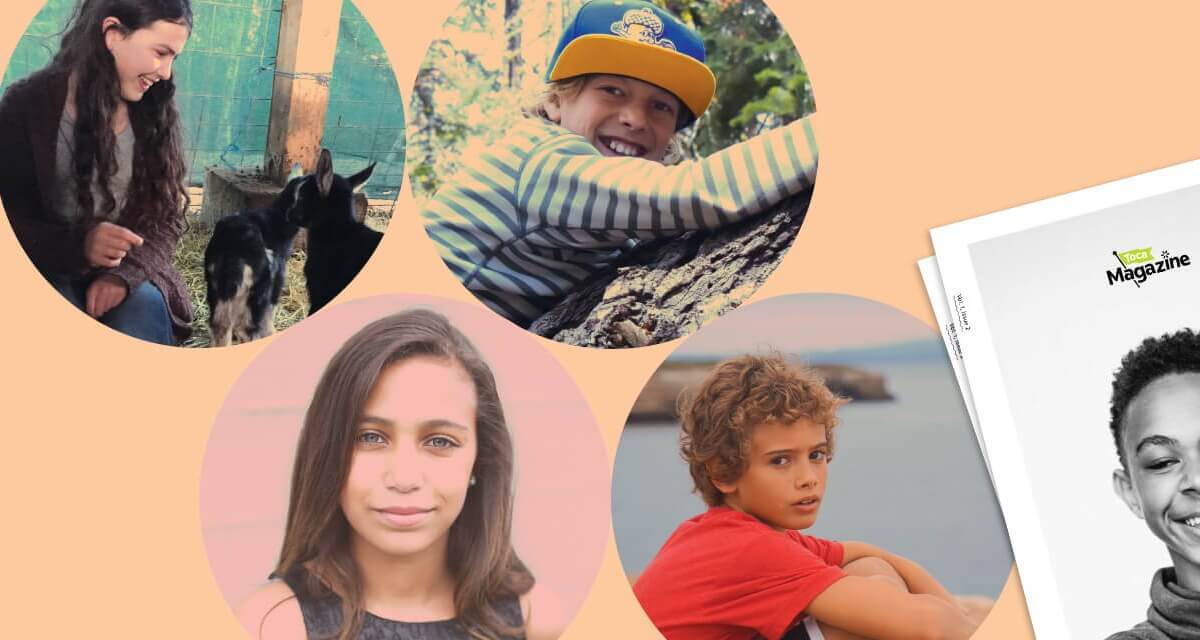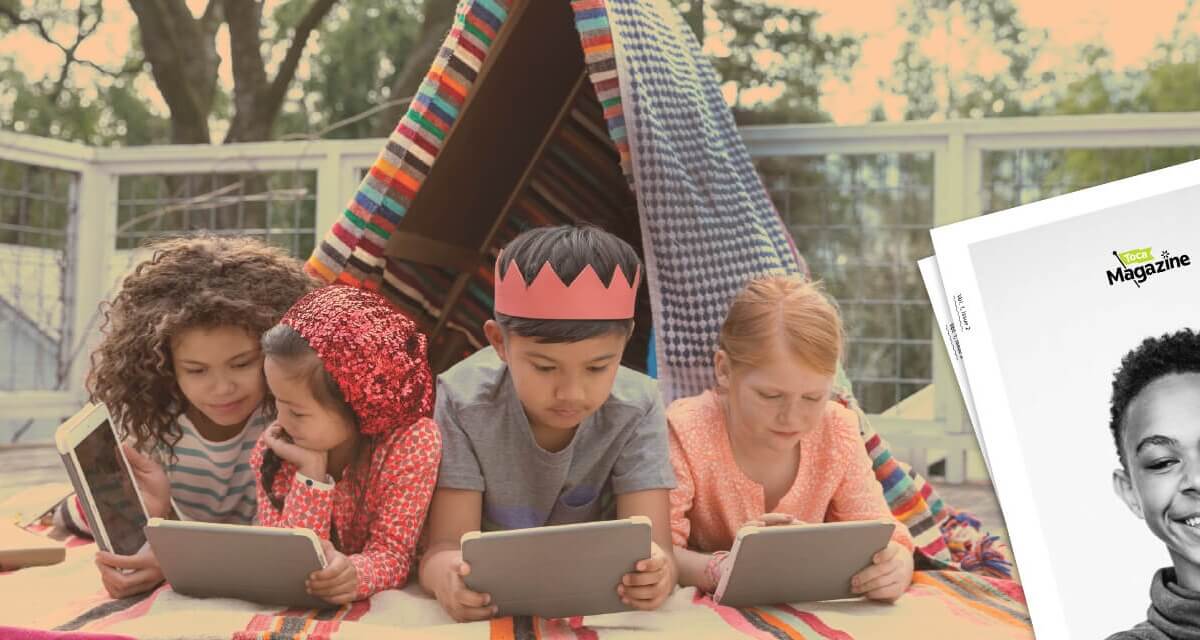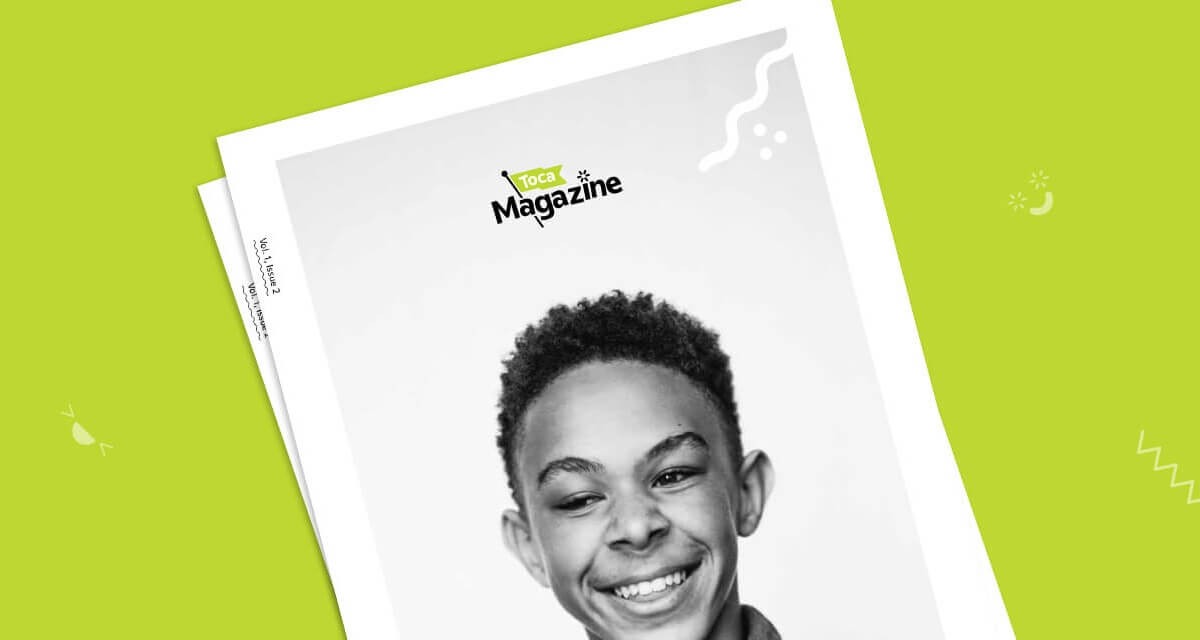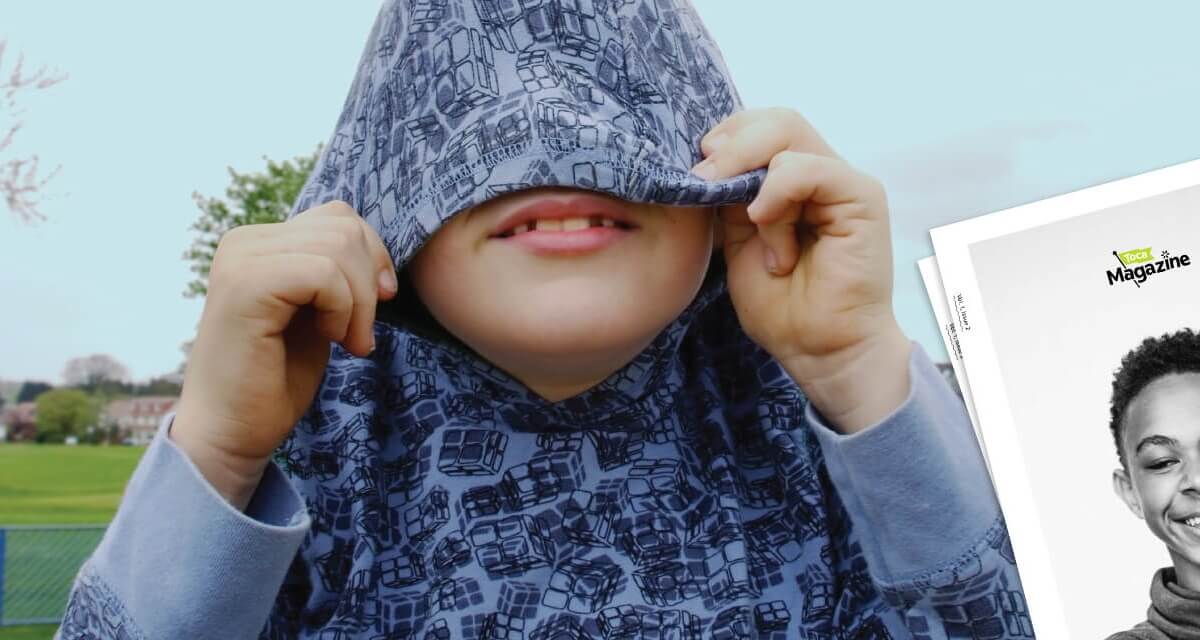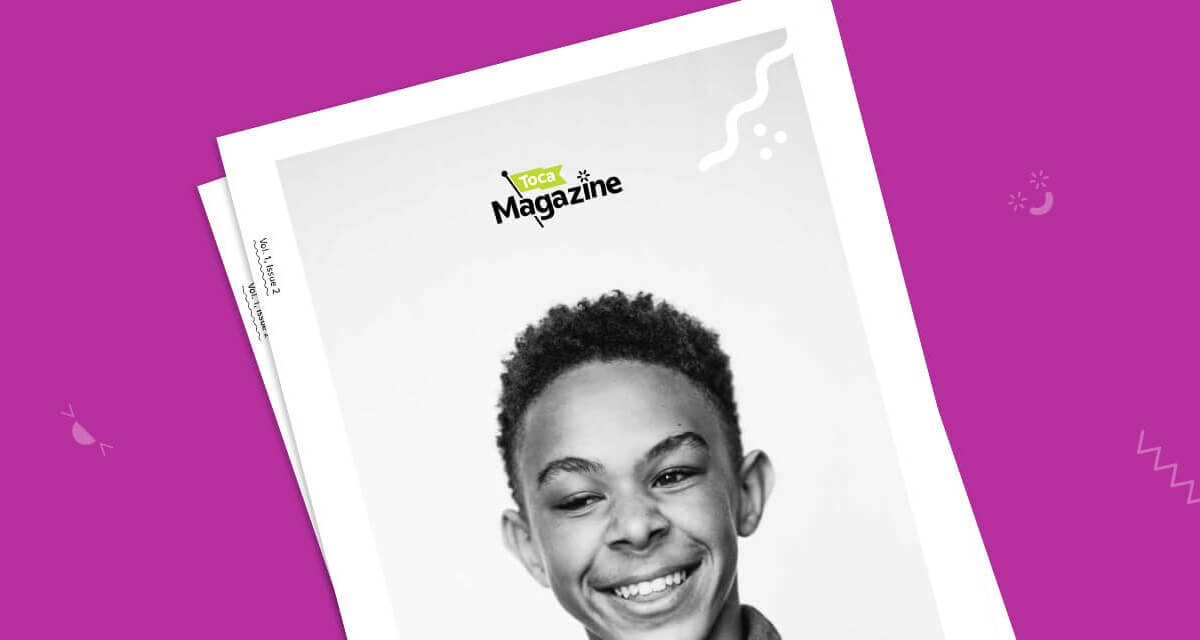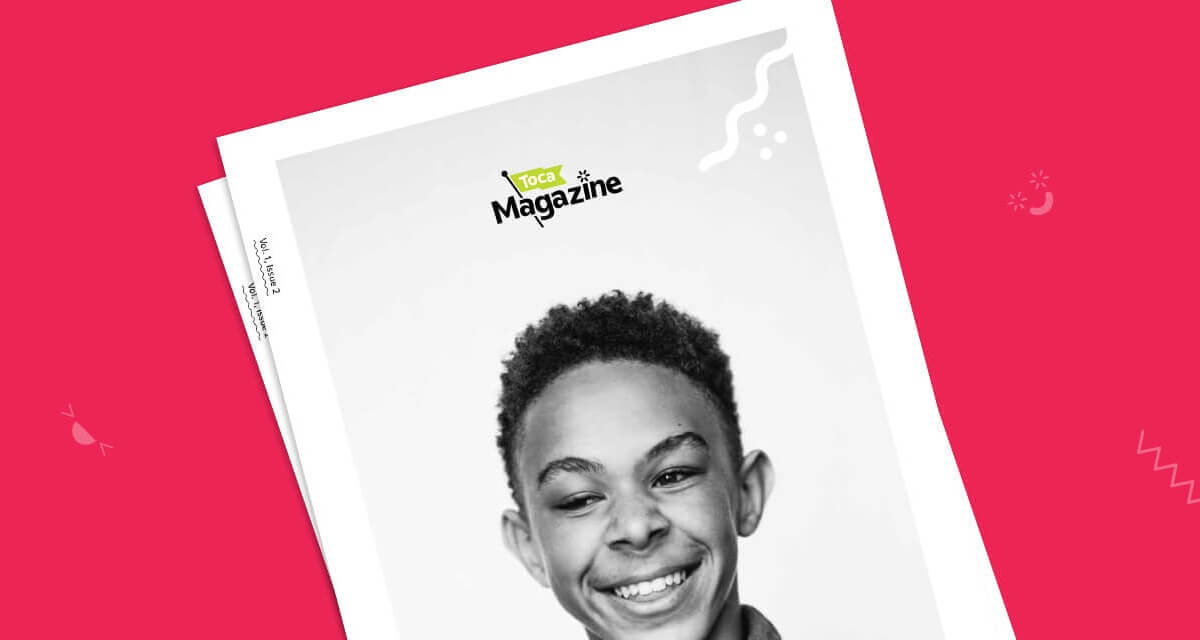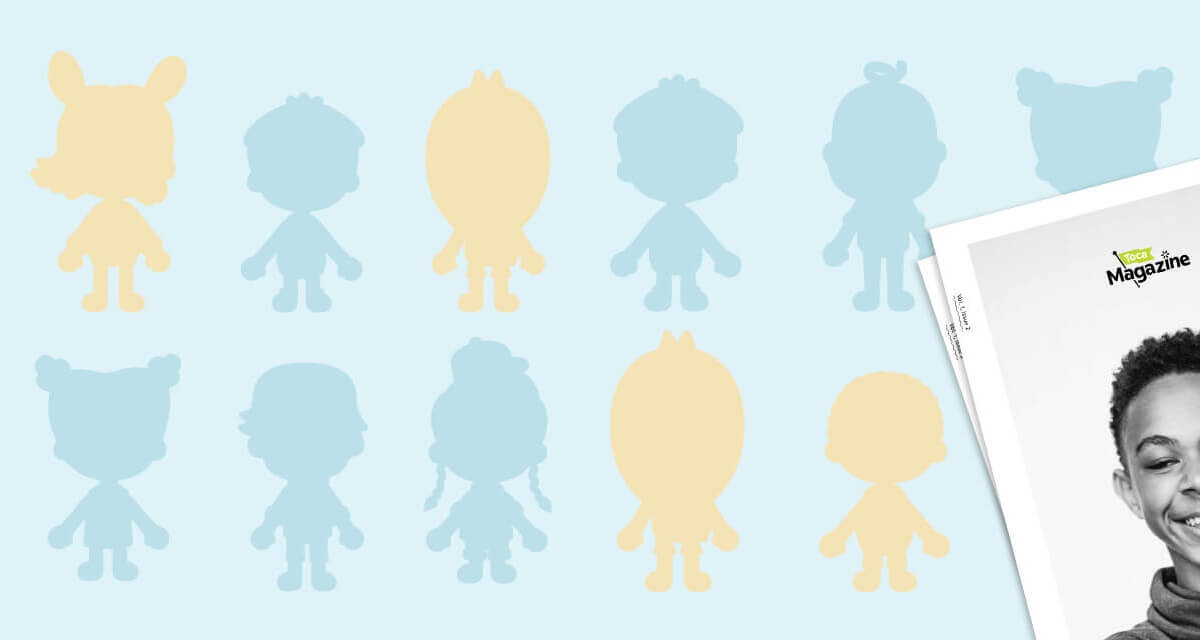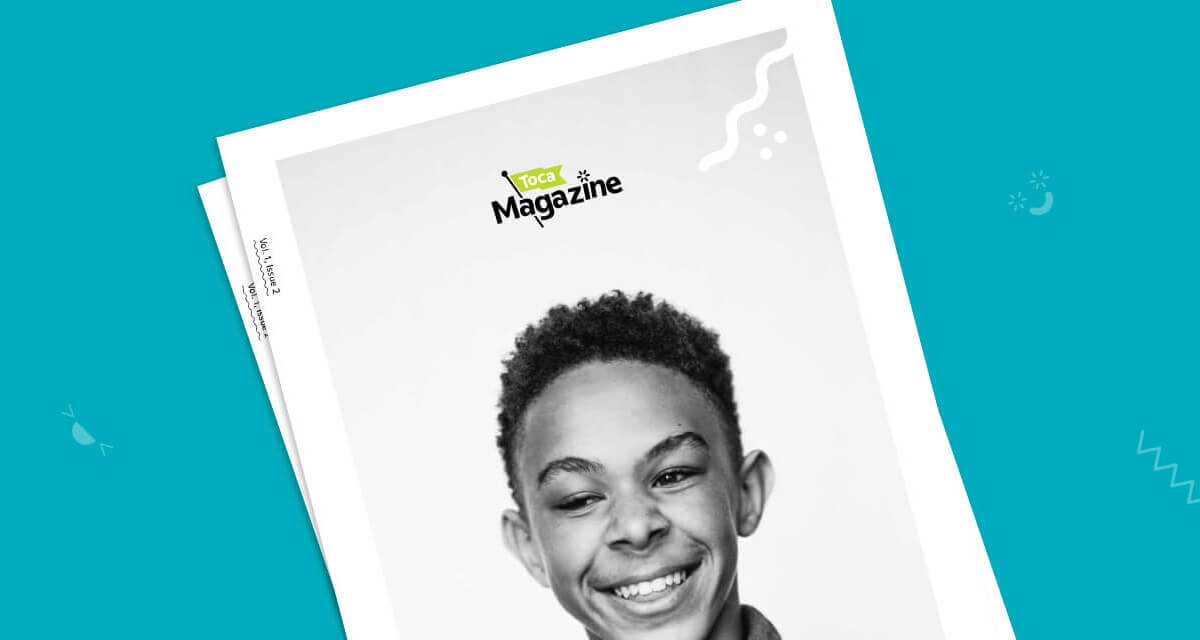Toca Magazine's Kid's-Eye-View project helps adults see the world through the eyes of kids.
- By
- Parker Barry
 Ruby
Ruby
Age: 15
Thoughts on identity: “When you’re a teen, you’re still figuring out your identity. I’m still figuring out what parts of myself I most want to present to people.”
When I was 13, my friend invited me to my middle school’s Gay-Straight Alliance meeting (although no straight people ever came). At that time, I had finally realized that I was attracted to girls. I went through phases, trying out labels. I just wanted to know where I fit in the LGBT community. I thought I might still like boys. Did that mean I was bi? Then I heard the term pansexual, attraction to all genders. That sounded more like me. But it still didn’t feel quite right. I wasn’t attracted to people’s genders, I was attracted to people’s personalities and quirks, regardless of gender.
Freedom from labels, for a while
For a while, I ignored labels. I used gay as an umbrella term. In GSA meeting, we weren’t asked directly about our sexualities, just pronouns and gender. I breathed a sigh of relief. Finally, a space where I could stay without a label, at least for a while.
My high school doesn’t have a GSA. Instead, they call it the Queer-Straight Alliance. This got me thinking: If queer is a general term, could it also be used as a description?
For a while, I ignored labels.
I’ve seen plenty of LGBTQ accounts on Instagram, run by admins of all sexualities and genders. I’ve only seen one other person use “queer” as a sexuality, and most admins barely mention the word. I’ve had friends ask me what my sexuality is, and when I respond, “queer,” I make sure to mention that if they’re confused they can always ask what I mean.
The importance of friends
Friendship is an important support system for people figuring out their identity. Friends can give advice, help others use the correct pronouns, and be there for you when you’re confused. A friend of mine transitioned from female to male in 8th grade, and he told me that when he came out to a classmate, they asked him if he was a “lesbean” now. We laughed about it, but I was proud that he had been comfortable enough to come out.
Friendship is an important support system for people figuring out their identity.
Other friends, straight and gay, have reached out to me for advice on supporting their friends, using the right pronouns, and how to come out to their parents. I’m honored to be the first person to go to in these situations, despite the fact that I’m always contemplating my own sexuality and gender.
Do not be afraid to ask about people’s pronouns. Do not be afraid to reach out to queer friends with questions. If you have friends who won’t accept you for who you are, whatever yoursexuality or gender or race or anything, dump them as fast as you can and find yourself supportive people to be around. Put yourself first. Don’t be afraid to question yourself, and don’t worry about labels.
